Cognitive psychology has gained significant traction in recent decades, hence much to the detriment of clear thinking. Hence, the notion that humans are fallible information processors prone to systematic “biases” has become an article of faith among certain psychologists and journalists. However, a closer examination shows this field to be built upon shifting sands.
Table of contents
- Confirmation Bias
- Confirmation Bias
- Framing Effect
- Framing Effect
- Availability Heuristic
- Availability Heuristic
- Representativeness Heuristic
- Representativeness Heuristic
A Brief History of Cognitive Bias Hunters
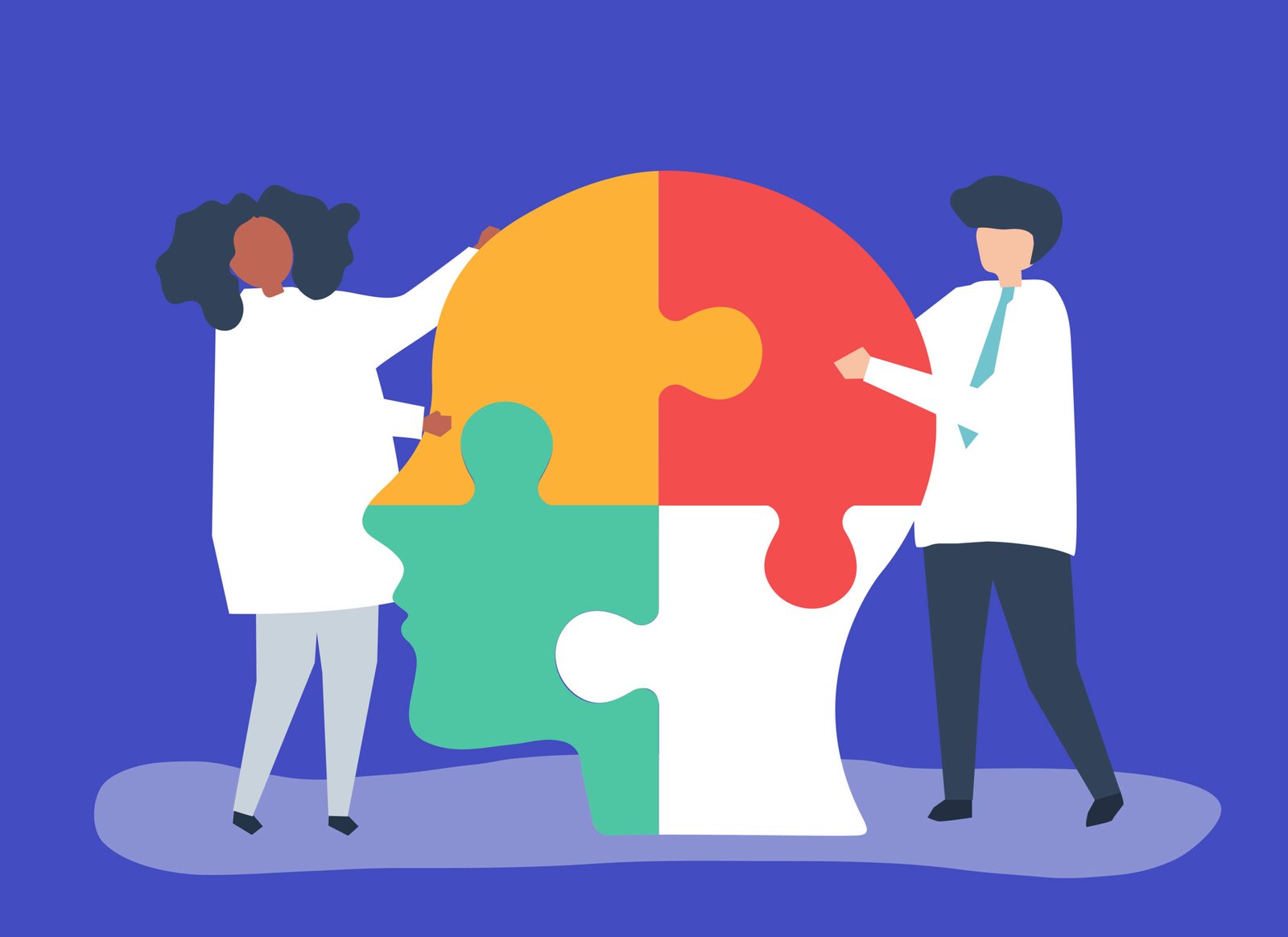
So, The study of cognitive biases first emerged in the 1970s as psychologists sought to understand limitations in human rationality. Accordingly, Early researchers like Amos Tversky and Daniel Kahneman conducted seminal studies demonstrating flaws in human judgment under uncertainty. However, they were careful not to paint humans as entirely irrational.
In recent years, an “bias industry” has sprung up, with self-styled “bias hunters” eager to find and name ever more biases.So, entire websites and books are now dedicated to catalogs of biases. Hence, the focus has shifted from understanding judgment to finding new ways we can be “irrational.”
The Dubious Concept of Bias
Accordingly, the very idea of cognitive “bias” is problematic. Therefore, it assumes an unattainable standard of perfect rationality against which real human thought can only fall short. In reality, the cognitive shortcuts and heuristics labeled as biases often serve humans well in an uncertain world.
Our innate tendency to make snap judgments from limited information, for example, helped our ancestors survive in a dangerous world where quick assessment of threats was critical. What is labeled a “bias” in one context may be an adaptation in another.Hence, the bias concept risks painting a distorted picture of human rationality.
Overinterpretation and Overgeneralization
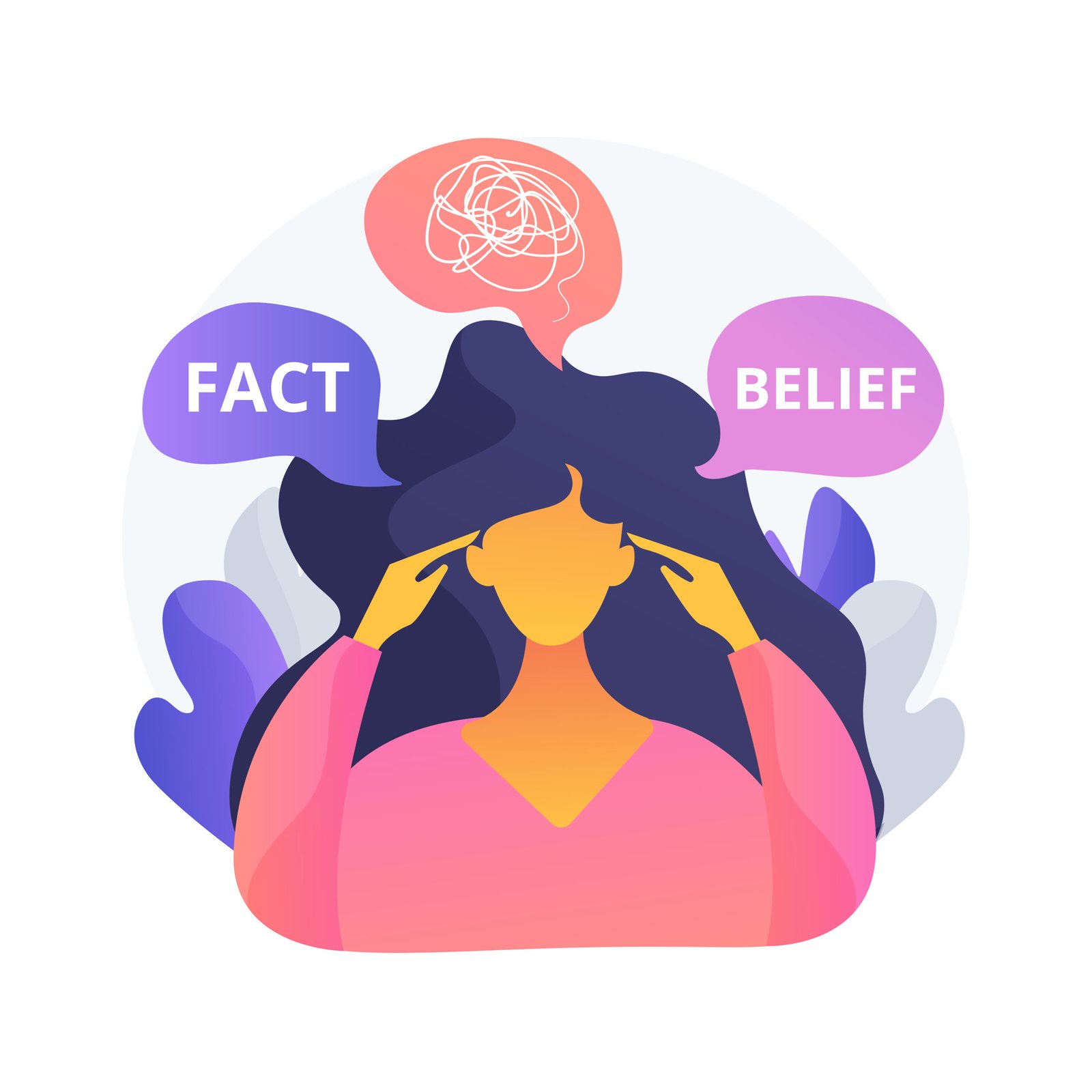
Even if biases do reflect non-ideal aspects of cognition, researchers regularly overinterpret experimental findings. Accordingly, simple laboratory studies done on college students do not necessarily map to complex real-world judgments.
Findings are also often overgeneralized. What may influence one type of decision does not mean all decisions are similarly biased. Our capacities for rational reflection also allow the correction of many supposed biases through experience and consideration of alternatives.
The Science is Still Emerging
Cognitive psychology is a young field that is still developing scientifically established theories of higher cognition. However, the popular concept of ubiquitous irrationality through bias is presented with far more confidence than the still-developing research truly supports. Policymakers should be wary of proposals based on this still-uncertain science.
Some notable biases?

So, if biases do exist, which seem best established by research? Accordingly, The representative heuristic and hindsight bias have withstood scrutiny. The representative heuristic describes our tendency to rely on stereotypes when making judgments under uncertainty. Hindsight bias is the human tendency to believe outcomes were more predictable after the fact than they truly were.
Accordingly, other oft-cited biases have less clear empirical foundations. The “framing effect,” for example, may say more about the artificial context of experiments than real-world decision-making, where issues are multidimensional rather than single-framed. Overall, claims of pervasive irrationality through bias outstrip what science has truly determined.
Here are some of the cognitive biases that have been widely studied:
Anchoring Bias
- Our judgments can be strongly influenced by the initially provided numbers, even if they are arbitrary or irrelevant. For example, estimating the length of the Rhine River as higher if first asked about the length of the Nile.
Confirmation Bias
- The tendency to search for or favor information that confirms preexisting beliefs and therefore avoid objective consideration of alternatives. Consequently, Leads people to interpret ambiguous evidence as supporting their existing position.
Framing Effect
- The way choices are described (framed) significantly influences decisions, even when the objective information is the same. People tend to avoid risk when a positive frame is presented but seek risks with negative frames.
Availability Heuristic
- We judge frequency or likelihood based on how easily examples come to mind, but availability is affected by various factors beyond true frequency. Recent or dramatic examples often come to mind more easily.
Representativeness Heuristic
- The tendency to judge likelihood based on representativeness or similarity to a stereotype rather than objectively computing probabilities. For instance, assume a person with certain traits must work in a certain career.
Correspondingly, these represent some of the most widely studied and empirically established cognitive biases to date. Of course, more research is still needed to fully understand human cognition and decision-making.
Here are some examples of how those cognitive biases manifest in real-life situations:
Anchoring Bias
- In negotiations, the first number mentioned can anchor perceptions of a fair deal. E.g., a seller names a high opening price.
- In relationships, early arguments about chores/responsibilities can set expectations that are difficult to recalibrate over time.
Confirmation Bias
- At work, favoring information that supports your theories while ignoring contrary evidence can lead to failed projects.
- In politics, selectively exposing oneself to aligned media and avoiding opposition research can thus entrench partisan views.
Framing Effect
- Doctors must be careful how they frame treatment odds, as positive and negative frames can consequently sway complex medical decisions.
- During financial planning, how retirement savings targets or retirement ages are presented can significantly impact saving behaviors.
Availability Heuristic
- We judge risks like terrorism or airplane accidents as more likely due to recent/vivid events, not dry statistics on true frequency.
- In dating, we make snap judgments on personality and occupation based on superficial traits rather than holistic evidence.
Representativeness Heuristic
- At work, we basically assume colleagues with similar backgrounds must have aligned capabilities and personalities.
- In politics, stereotypes about demographic groups can correspondingly overshadow consideration of individual beliefs and characters.
Moving Forward with Caution
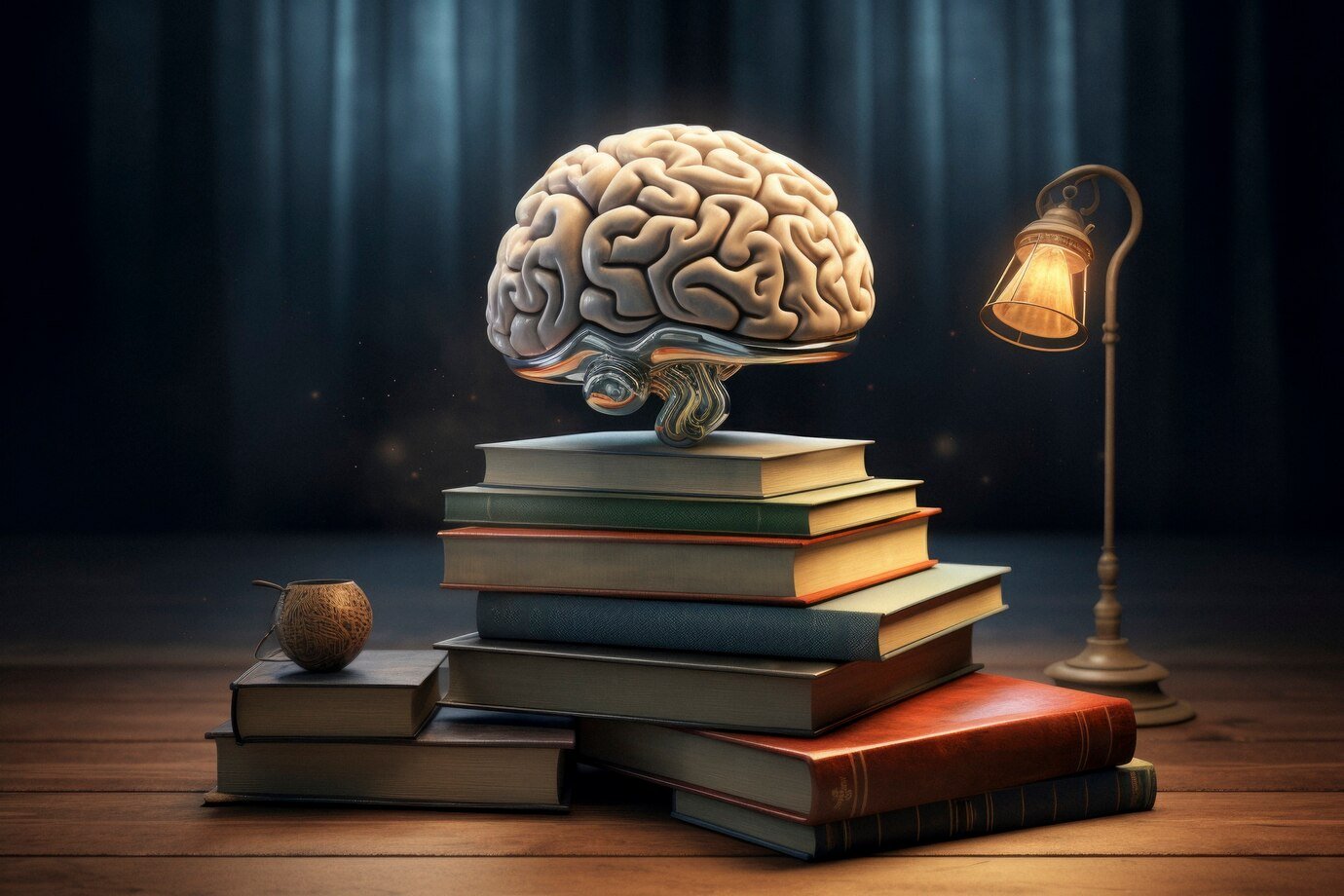
In summary, while cognitive psychology holds promise, the popular conception of ubiquitous irrationality through bias goes too far, given the limitations of current research.As a result, a more nuanced, modest view of human rationality and judgment is needed. Thus, decision-makers would be wise to consider this field’s weaknesses alongside its claimed insights. Thus, That being the case, with a careful, properly skeptical approach, cognitive psychology’s understanding of human thought may deepen in productive ways.
Resources for Further Exploration
- The Psychologist fallibility of bias hunters: A critique of overinterpretation in bias research from The British Psychological Society
- Heuristics and Biases Resources: Website cataloging cognitive biases with a critical analysis of each
- The Oxford Handbook of Thinking and Reasoning is In-depth reference work covering theories, research methods, and open questions
Key Takeaways
- Humans are better described as ecologically rational than subject to ubiquitous irrationality
- Experimental findings require careful interpretation and cannot simply be overgeneralized
- Many cognitive shortcuts serve humans well in an uncertain world
- Claims of pervasive irrationality outstrip the still-developing state of science
- A properly skeptical view of bias research is needed, given its limitations
Conclusion
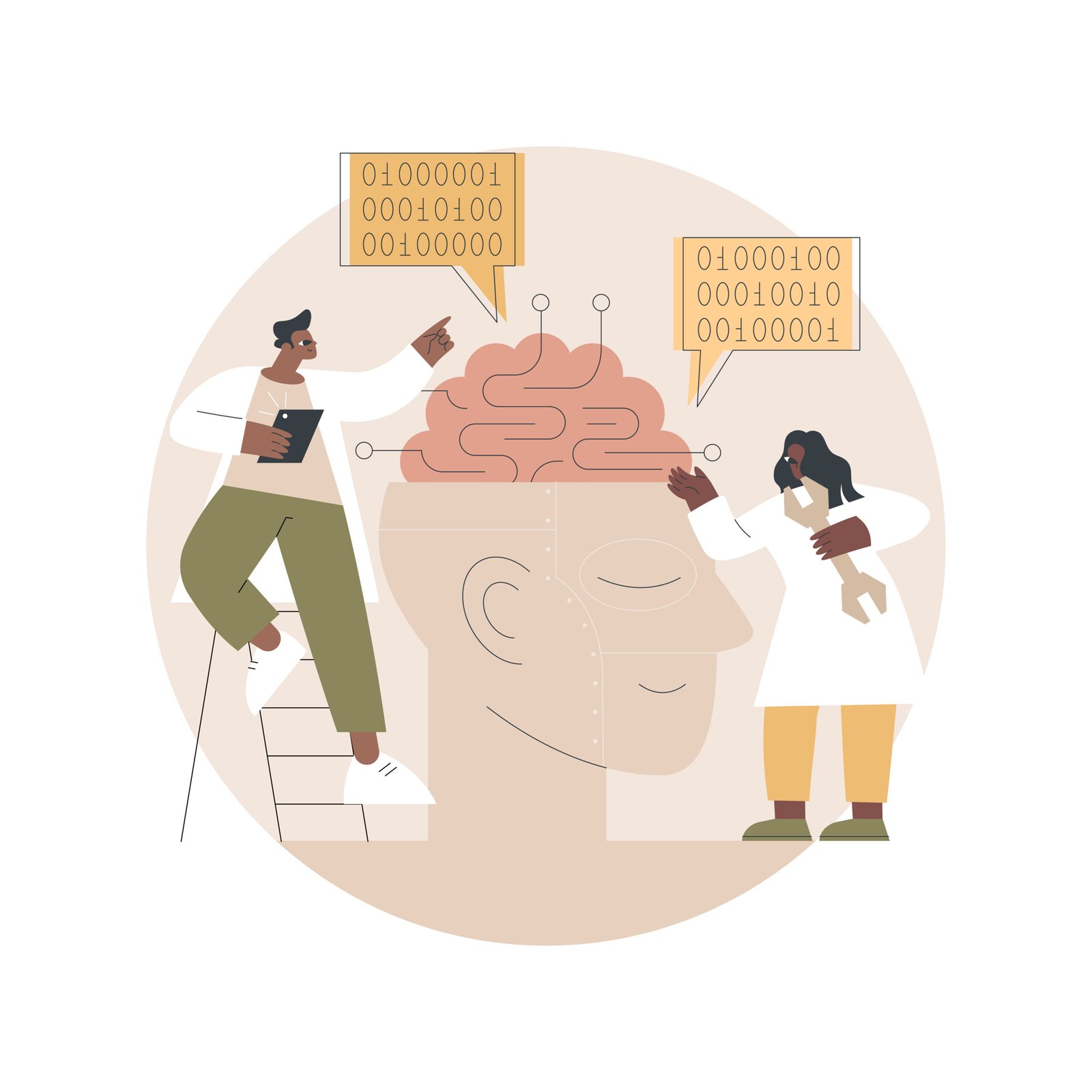
In summary, while cognitive biases may reflect real phenomena, the popular conception of humans as biased and irrational routinely fails to withstand critical examination. For that reason, a more measured and scientifically grounded understanding is needed.
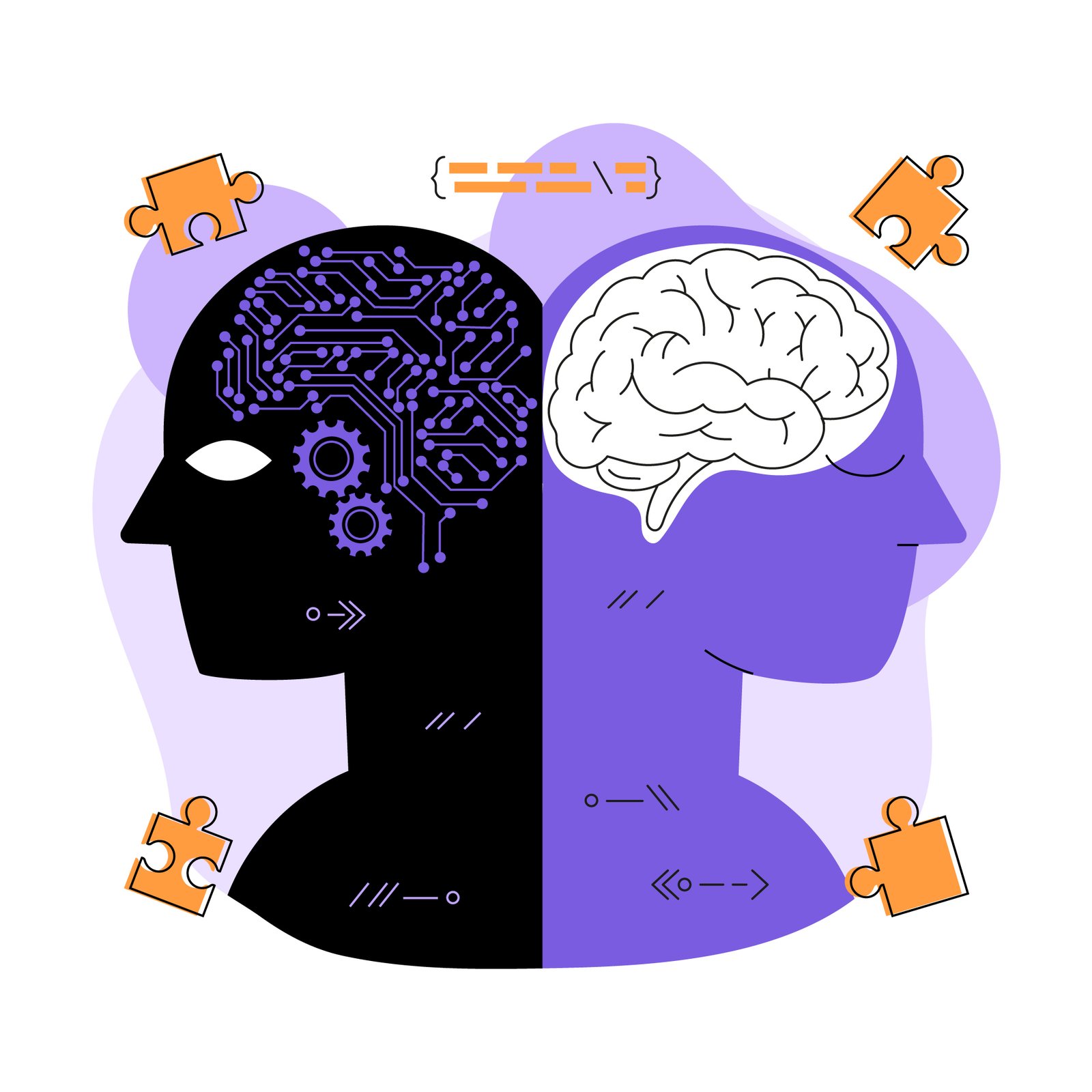



Leave a Reply